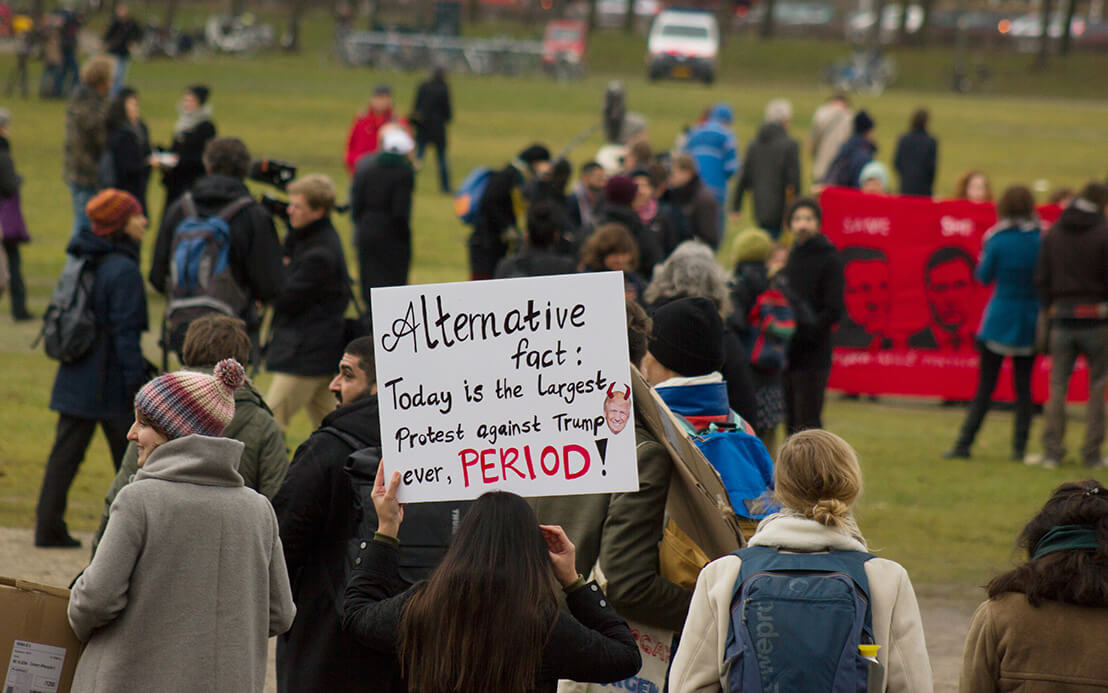Here are some key aspects of how global politics influences national and international relations:
1. Interdependence and Globalization
- Overview: Globalization has led to increased economic, cultural, and political interdependence among nations. Trade agreements, multinational corporations, and global supply chains connect countries in complex ways.
- Impact: National policies are often influenced by global economic trends, requiring governments to adapt to international market demands. This interdependence can lead to cooperation but also to tensions, especially during economic crises.
2. International Organizations and Governance
- Overview: Institutions like the United Nations (UN), World Trade Organization (WTO), and International Monetary Fund (IMF) play crucial roles in facilitating cooperation and addressing global issues.
- Impact: These organizations help mediate conflicts, promote human rights, and establish international norms. However, their effectiveness can be challenged by national interests and power dynamics among member states.
3. Security and Conflict
- Overview: Global politics significantly influences national security policies and international relations, particularly in the context of military alliances (e.g., NATO) and conflicts.
- Impact: The rise of terrorism, cyber threats, and regional conflicts can lead to shifts in national defense strategies and international alliances. Global security issues often require collective responses, complicating bilateral relations.
4. Human Rights and Humanitarian Issues
- Overview: Global political movements advocating for human rights have pressured nations to adopt more progressive policies.
- Impact: International scrutiny can lead to changes in national laws and practices regarding human rights. Conversely, some governments may resist external pressure, leading to tensions in international relations.
5. Environmental Politics
- Overview: Global challenges like climate change require coordinated international efforts, as environmental issues transcend national borders.
- Impact: International agreements, such as the Paris Agreement, aim to address these challenges, influencing national policies on energy, conservation, and sustainability. However, differing national interests can complicate global cooperation.
6. Migration and Refugee Crises
- Overview: Global political instability, conflict, and economic disparities drive migration and refugee movements.
- Impact: Countries must navigate the complexities of immigration policies, humanitarian obligations, and domestic public opinion. This can strain international relations, especially when countries disagree on how to handle migration.
7. Soft Power and Cultural Diplomacy
- Overview: Nations use soft power—cultural influence, diplomacy, and values—to enhance their global standing and foster positive relations.
- Impact: Cultural exchanges, educational programs, and media can improve bilateral relations and promote mutual understanding. However, cultural conflicts can also arise, affecting international dynamics.
8. Emerging Powers and Shifts in Global Order
- Overview: The rise of emerging powers, such as China and India, is reshaping the global political landscape and challenging the dominance of traditional powers like the United States.
- Impact: This shift can lead to new alliances, competition for resources, and changes in international norms and governance structures. It also raises questions about the future of multilateralism and global governance.
Conclusion
The interplay between global politics and national and international relations is complex and dynamic. As the world becomes increasingly interconnected, the influence of global political trends on domestic policies and international interactions will continue to grow. Understanding these relationships is essential for navigating the challenges and opportunities of the 21st century.











